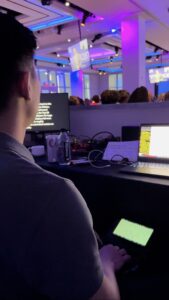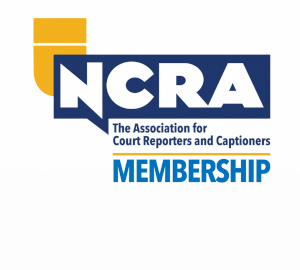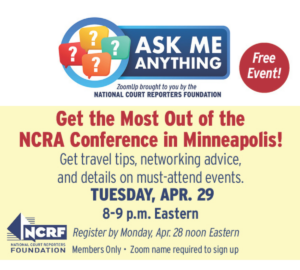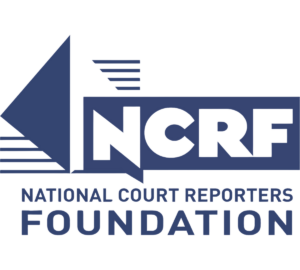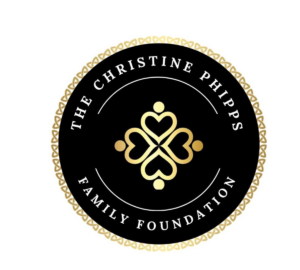For most people, the only stress associated with the Super Bowl is whether their team wins or loses. However, for Paula Arispe, RPR, Octavia Brandenburg, and Stefani Tkacs – all captioners with the National Captioning Institute – the Super Bowl provided them an opportunity to showcase their captioning skills.
“Despite the anxiety of knowing that it’s a huge event and that everything needs to go as perfectly as possible, both connection-wise and in translation, it’s very exciting and an honor to caption such a high-profile event,” said Brandenburg, a sentiment that Arispe and Tkacs shared. The three captioners researched the team rosters ahead of time, along with names of coaches, announcers, etc. They also received prep work from CBS.
“We were given a rundown of each show that was going to be that day. We didn’t know who was going to be interviewed during the shows, so it was pretty much on the fly. And they were jumping around to a bunch of different announcers that we normally don’t have so that was a little nerve racking at first until you figured out who they were,” said Arispe. She and Tkacs traded one- to two-hour shifts captioning the pre-game material into the beginning of the game, covering eight hours of programming altogether. Brandenburg then took over for the remainder of the game through the end of the postgame show.
Arispe also recognized the technical support that the captioners received. “Our organization for the whole day could not have been made smoother if it wasn’t for the hard work of all our engineers involved. The encoders were different for a few of the shows, and we only had a couple of minutes to disconnect from one to connect to the other,” she said.
All three captioners have had experience covering football games and talk shows – this was Brandenburg’s fourth time captioning the Super Bowl – so they were familiar with many of the names, the terminology, and the issues that come up in commentary. They also all have experience captioning other sporting events as well as other high-profile events.
“I have had the privilege of captioning March Madness, and I will tell you that is so much harder because you have to have all the teams in that are part of it,” said Arispe (she also was one of the captioners who covered Pope Francis’ visit to the U.S.).
“I used to caption the pay-per-view wrestling main event shows, but it’s not as widely viewed as the Super Bowl. However, the pay-per-views were commercial-free and the Super Bowl day had commercials. That’s a much-needed break. For the commercial-free pay-per-view, we would write for 15-20 minutes and switch off,” said Tkacs.
“I’ve done NCAA championships, both football and basketball, Academy Awards-related programming, and nationally televised fundraising shows, such as Stand Up To Cancer. I feel like awards shows require more tedious prep because they’re obviously more scripted and names of all nominees and movies have to be captioned (not to mention fashion designers),” said Brandenburg.
But captioning the Super Bowl isn’t all work – it’s a fun and rewarding assignment too.
“Football is my favorite sport, so I was super excited that I could be part of the Super Bowl and able to make sure that everyone else had the opportunity to enjoy it as well,” said Arispe. “Oh, and captioning Lady Gaga’s rendition of our National Anthem was pretty cool as well!”
“My favorite thing about captioning the Super Bowl is to be able to watch it (since I’m a big sports fan) while also hopefully contributing to its enjoyable viewing by the audience who is hard of hearing and also those who watch in public venues,” said Brandenburg.
“I doubt anyone would ever imagine captions for the Super Bowl event takes place in Dallas, Texas, when the show is in Santa Clara, California. That is pretty remarkable,” said Tkacs. “Although it was high pressure and nerve-racking, I had a great time captioning the Super Bowl, and my family and friends are always in awe of what I do.”
